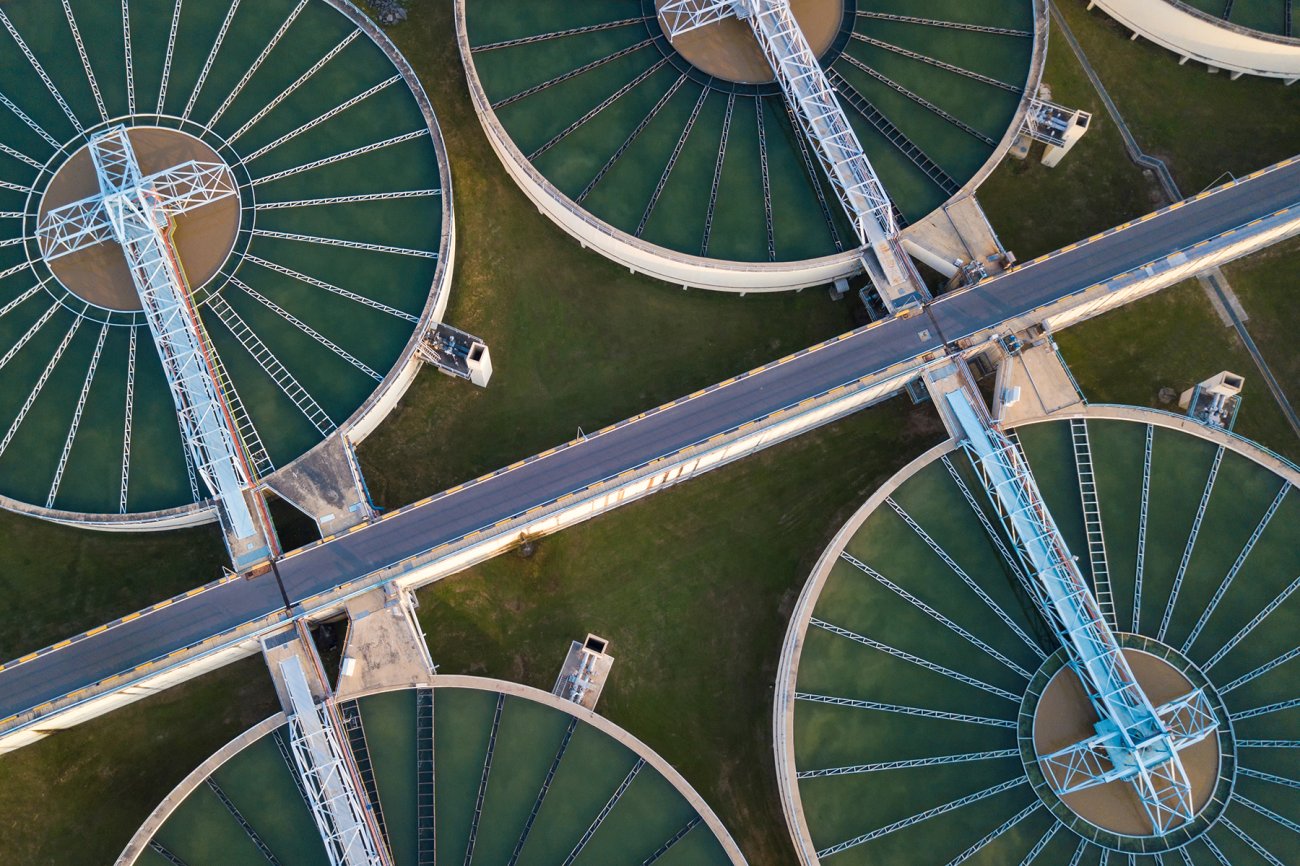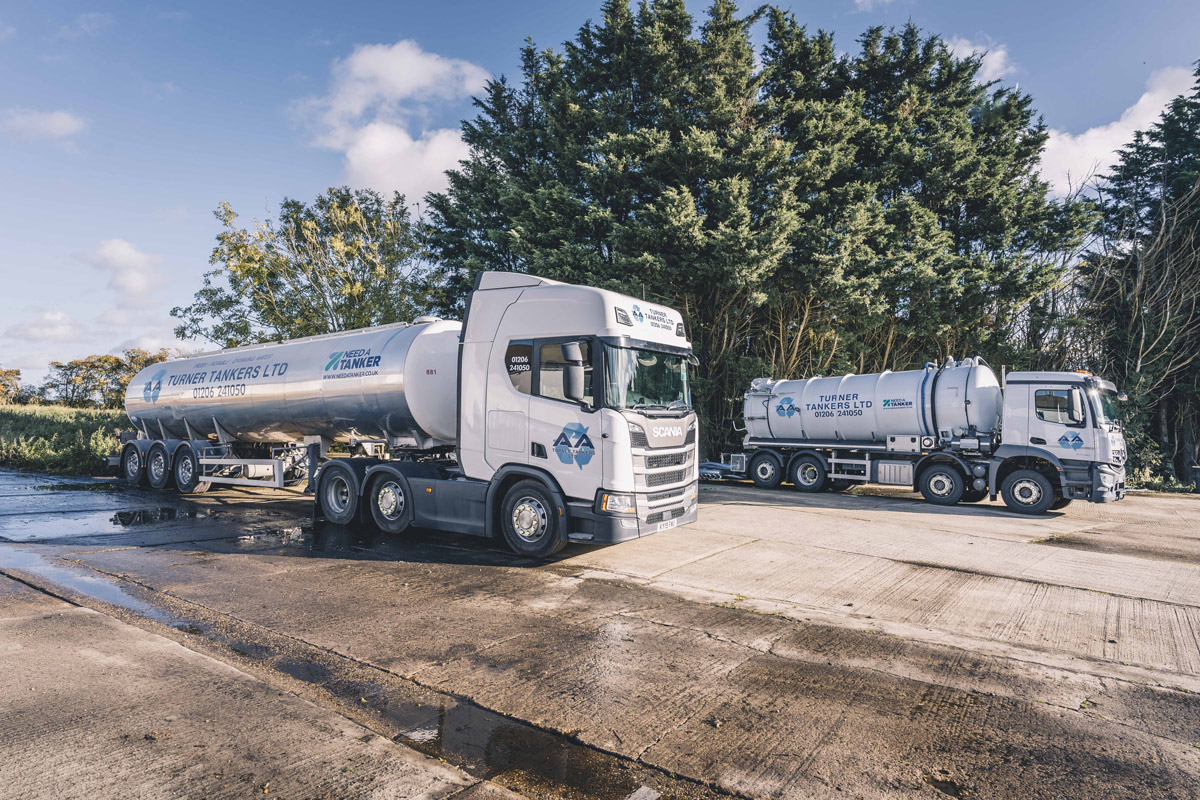The Main Principles Of Reclaim Waste
The Main Principles Of Reclaim Waste
Blog Article
Reclaim Waste Fundamentals Explained
Table of ContentsReclaim Waste Fundamentals ExplainedThe Best Strategy To Use For Reclaim WasteThe 8-Minute Rule for Reclaim WasteFascination About Reclaim Waste3 Simple Techniques For Reclaim Waste
Discover the kinds, events, and types of liquid waste. Domestic sewer waste describes the waste and items from a property septic system. This type of waste is developed by humans in homes, institutions, and various other structures. This only includes sewage-disposal tanks that have a drainpipe area. The appropriate monitoring and disposal of domestic sewer waste require fluid waste to be moved to a sewer therapy plant where the correct techniques and equipment are related to purify and take care of waste.
Business waste usually includes prospective risks, such as flammable products or a blend of fluid and solid waste products, and calls for a much more advanced and in-depth disposal procedure. The disposal of commercial waste commonly includes the filtration of waste prior to transportation to make certain risk-free and correct disposal. Industrial waste is produced from byproducts and drainage of industrial procedures and production.
This sort of waste can not utilize the same sewer monitoring transport or processes as septic or commercial fluids. The industrial waste management procedure requires the assessment and screening of liquid waste before it goes through the disposal procedure (industrial wastewater treatment). Overflow waste is the liquid waste that comes from overflow and excess stormwater in highly populated areas or cities
Runoff waste can cause contamination and flooding otherwise handled correctly. Discover more regarding sewer cleansing and waste administration. Guaranteeing proper waste management can stop calamities and decrease ecological harm. Both people in property setups and professionals in commercial or production sectors can benefit from comprehending the processes and policies of fluid waste administration.
About Reclaim Waste
Contact PROS Solutions today to find out about our waste administration and disposal solutions and the appropriate ways to take care of the liquid waste you produce.
(https://reclaimwaste1.carrd.co/)This so-called 'wastewater' is not just an important source however, after therapy, will certainly be released to our land, rivers or the sea. Made use of water from commodes, showers, bathrooms, cooking area sinks, laundries and commercial procedures is known as wastewater.

water made use of to cool down machinery or tidy plant and devices). Stormwater, a kind of wastewater, is drainage that flows from farming and city areas such as roof coverings, parks, gardens, roads, courses and seamless gutters into stormwater drains pipes, after rainfall. Stormwater streams neglected straight to local creeks or rivers, at some point getting to the ocean.
The Definitive Guide to Reclaim Waste
In Queensland, many wastewater is treated at sewage treatment plants. Wastewater is transferred from residential or industrial websites via a system of sewage systems and pump terminals, referred to as sewage reticulation, to a sewer therapy plant. City governments build, preserve and run most sewer treatment plants. Operators are accredited under the Environmental Defense Act 1994 to discharge cured wastewater at an appropriate environmental standard right into rivers.
The Department of Natural Resources recommends regional governments about handling, operating and keeping sewerage systems and treatment plants. In unsewered locations, city governments may require householders to mount specific or home sewage therapy systems to deal with domestic wastewater from bathrooms, kitchen areas, washrooms and laundries. The Department of Natural Resources authorizes the usage of home systems when they are shown to be effective.
In some brand-new neighborhoods, therapy of some stormwater to remove trash, sand and gravel has started utilizing gross toxin traps. Wastewater therapy occurs in 4 stages: Gets rid of strong matter.
Makes use of little living organisms recognizes as micro-organisms to damage down and remove staying liquified wastes and fine fragments. Micro-organisms and wastes are incorporated in the sludge.
Rumored Buzz on Reclaim Waste
Nutrient removal is not offered in any way sewer treatment plants since it requires expensive specialised equipment. It is becoming more common in Queensland. Clear fluid effluent generated after therapy might still useful reference consist of disease-causing micro-organisms. If this effluent is launched right into waterways such as rivers or the sea, the micro-organisms will ultimately die out.

Most wastewater flows right into the sewage system. Under the Act, regional governments administer authorizations and permits for ecologically appropriate tasks (Periods) involving wastewater releases that could have a regional impact.
The Ultimate Guide To Reclaim Waste
Monitoring offers accurate info regarding water quality and can confirm that permit conditions are being met. The information obtained through tracking offers the basis for making water quality decisions.
Report this page